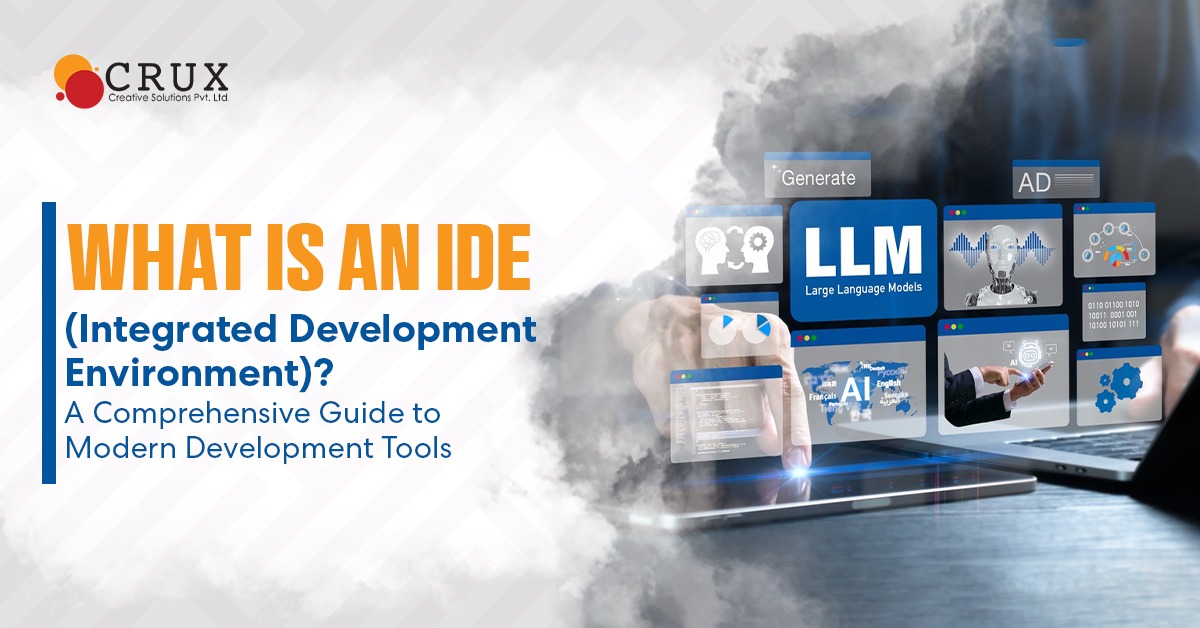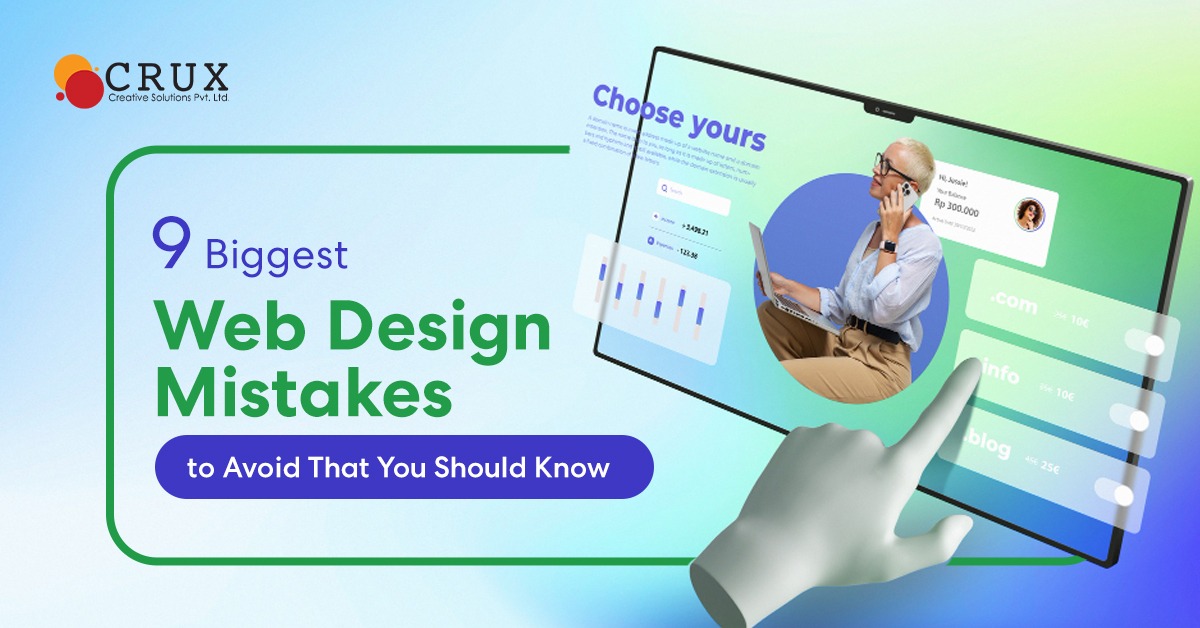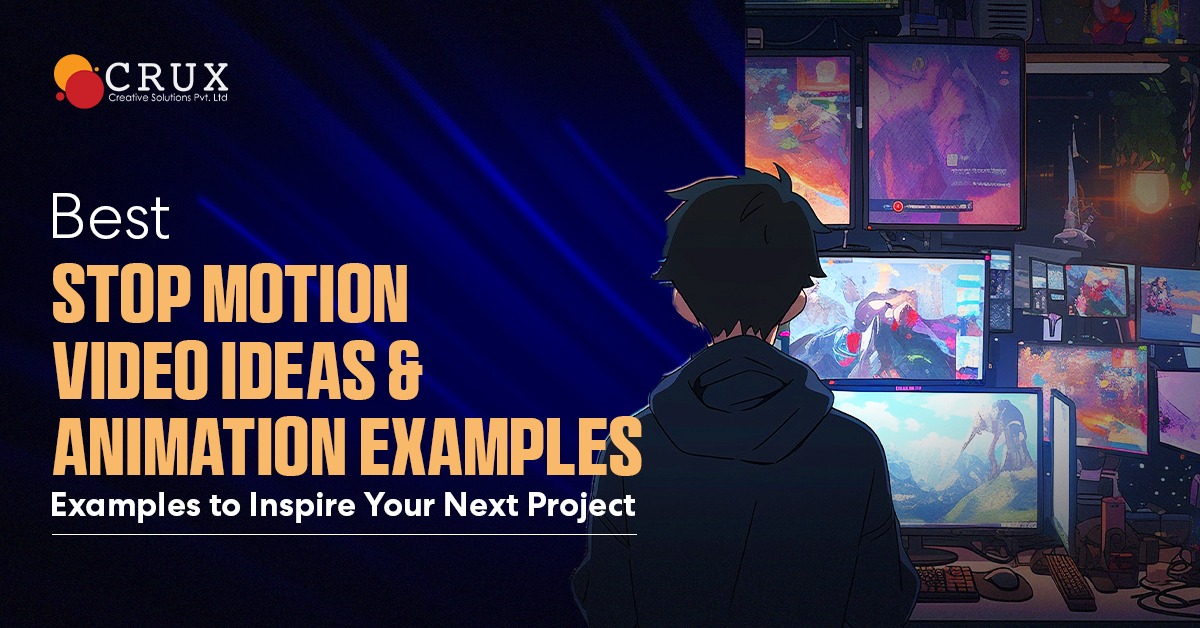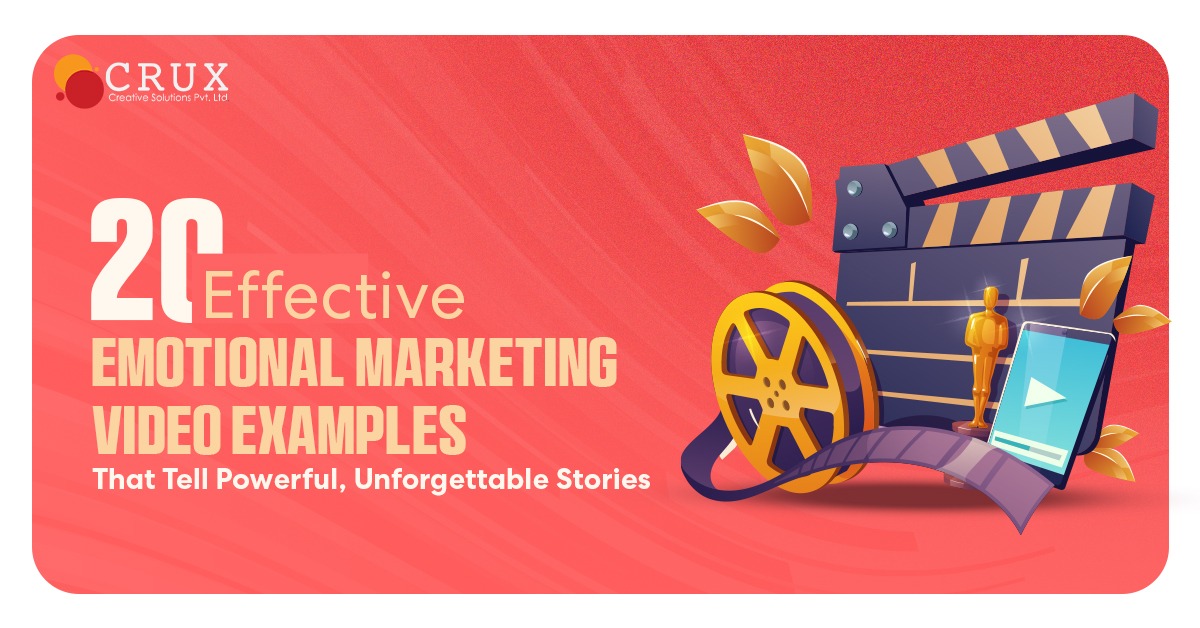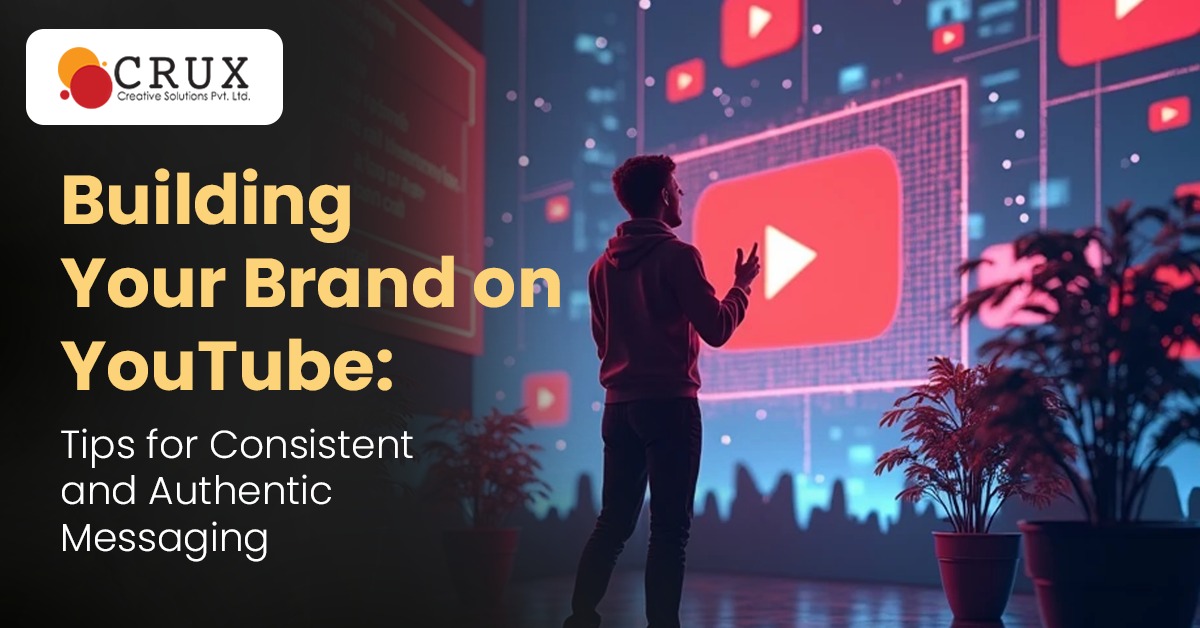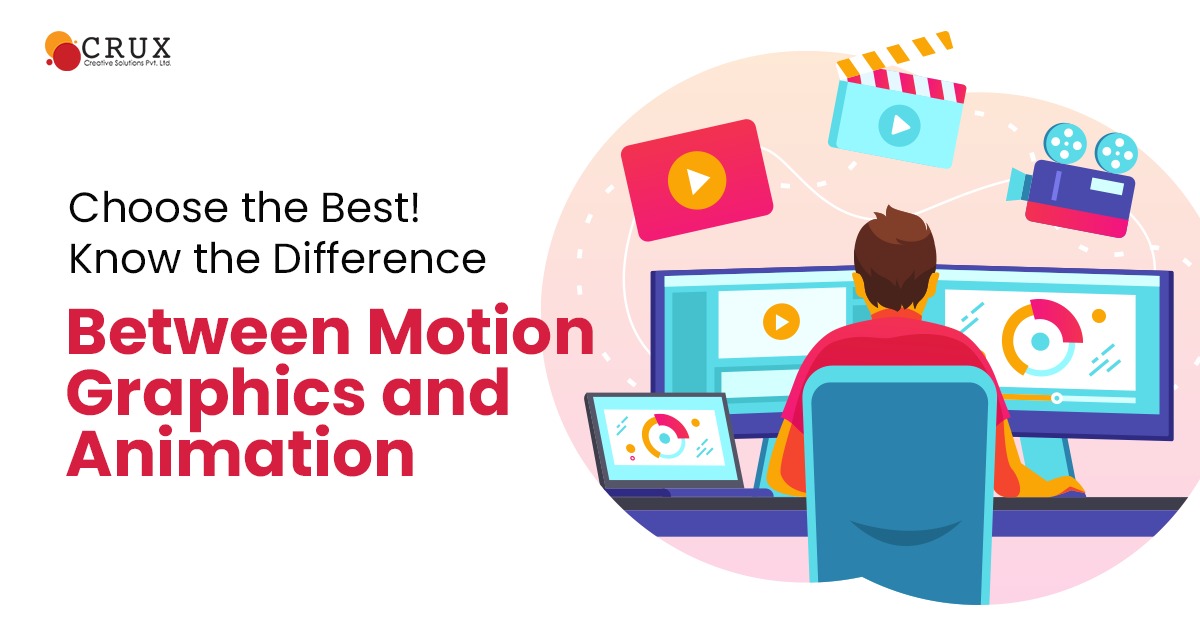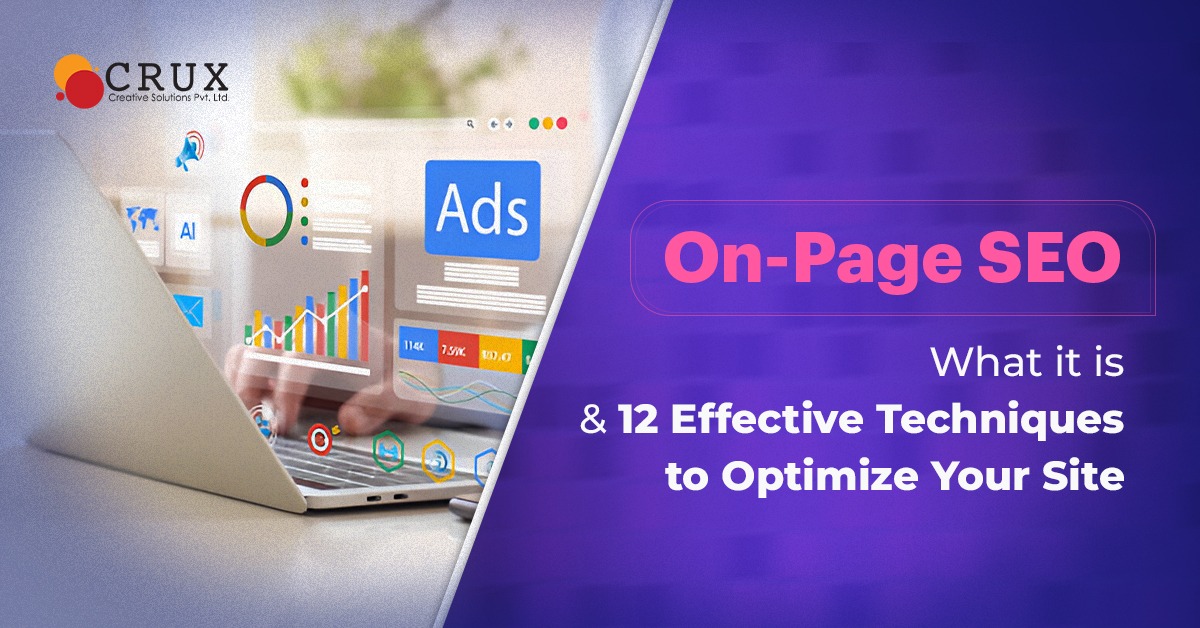
On-Page SEO: What it is and 12 Effective Techniques to Optimize Your Site
If you've ever wondered why some websites appear at the top of Google search results while others get lost in the digital wilderness, the answer often lies in one crucial factor: on-page SEO. Think of it as the foundation of your online presence – without it, even the most beautiful website can remain invisible to potential customers.
What is On-Page SEO?
On-page SEO refers to the practice of optimizing individual web pages to rank higher in search engines and attract more relevant traffic. Unlike off-page SEO, which focuses on external factors like backlinks and social signals, on-page SEO is entirely within your control. It involves optimizing both the content and HTML source code of your pages to make them more appealing to search engines and users alike.
The beauty of on-page SEO lies in its immediate impact. When done correctly, it tells search engines exactly what your page is about, helping them understand when to show it to searchers. It's like having a conversation with Google, where you're explaining why your content deserves that coveted top spot.
Why On-Page SEO Matters More Than Ever?
In the digital landscape, having great content isn't enough. Search engines process billions of queries daily, and they need clear signals to understand which pages best answer users' questions. On-page SEO provides these signals, acting as a roadmap that guides search engines through your content.
Moreover, on-page SEO directly impacts user experience. When you optimize for search engines, you're also optimizing for people. Faster loading times, clear headings, and well-structured content don't just please algorithms – they keep visitors engaged and coming back for more.
12 Effective On-Page SEO Techniques
1. Master Your Title Tags
Your title tag is like a book cover – it's often the first thing people see in search results. If you're aiming to rank as the best digital marketing agency in Gurgaon, keep your title under 60 characters, include your primary keyword naturally, and make it compelling enough to encourage clicks. A well-crafted title tag can be the difference between a user choosing your page or your competitor's.
2. Craft Compelling Meta Descriptions
While meta descriptions don't directly impact rankings, they significantly influence click-through rates. Think of them as your elevator pitch – you have about 155 characters to convince searchers that your page has exactly what they're looking for. Include your target keyword and a clear value proposition.
3. Optimize Your URL Structure
Clean, descriptive URLs help both search engines and users understand your page content. Instead of "yoursite.com/page1?id=123," use "yoursite.com/on-page-seo-guide." Keep URLs short, include keywords when relevant, and use hyphens to separate words.
4. Use Header Tags Strategically
Header tags (H1, H2, H3, etc.) create a logical content hierarchy that search engines love. Your H1 should contain your primary keyword and clearly indicate what the page is about. Use H2 and H3 tags to organize subsections, making your content scannable and easier to digest.
5. Create High-Quality, Keyword-Rich Content
Content remains king in the SEO world. Focus on creating comprehensive, valuable content that genuinely helps your audience. Naturally incorporate your target keywords throughout the text, but prioritize readability and user value over keyword density. Quality content that answers user queries will always outperform keyword-stuffed articles.
6. Optimize Images and Alt Text
Images make your content more engaging, but they also present SEO opportunities. Use descriptive file names, compress images for faster loading, and always include alt text. Alt text helps search engines understand your images and improves accessibility for visually impaired users.
7. Internal Linking Strategy
Internal links help search engines understand your site structure and distribute page authority throughout your website. Link to relevant pages using descriptive anchor text, and create topic clusters by connecting related content. This not only helps SEO but also keeps users engaged by guiding them to additional valuable information.
8. Improve Page Loading Speed
Page speed is a confirmed ranking factor and crucial for user experience. Optimize images, minimize code, leverage browser caching, and consider a content delivery network (CDN). Even a one-second delay in page load time can significantly impact your conversion rates and search rankings.
9. Ensure Mobile Responsiveness
With mobile-first indexing, Google primarily uses your mobile site for ranking and indexing. If you’re partnering with a website development company in Gurgaon, ensure your website looks and functions perfectly on all devices. Test your site on various screen sizes and optimize the mobile user experience – it's no longer optional.
10. Schema Markup Implementation
Schema markup is code that helps search engines understand your content better. It can result in rich snippets – those enhanced search results with stars, prices, or other additional information. While implementation requires technical knowledge, the potential benefits for click-through rates make it worthwhile.
11. Focus on User Experience Signals
Search engines increasingly prioritize user experience metrics like time on page, bounce rate, and pages per session. Create engaging content that encourages users to stay and explore. Use white space effectively, ensure easy navigation, and provide clear calls-to-action throughout your pages.
12. Regular Content Updates and Freshness
Search engines favor fresh, updated content. Regularly review and update your existing pages, add new information when relevant, and ensure all facts and statistics remain current. This signals to search engines that your content remains valuable and relevant.
The Local Advantage
For businesses serving specific geographic areas, local SEO becomes particularly important. Incorporating location-based keywords and creating location-specific content can significantly improve your local search visibility. Many businesses find success by partnering with the best SEO company in Gurgaon that understands the local market dynamics and competition.
Measuring Success
Implementing these techniques is just the beginning. Use tools like Google Analytics and Google Search Console to monitor your progress. Track metrics like organic traffic, keyword rankings, click-through rates, and conversion rates. SEO is a long-term game, and consistent monitoring helps you identify what's working and what needs adjustment.
Moving Forward
On-page SEO isn't a one-time task – it's an ongoing process that requires attention and refinement. As search algorithms evolve and user behaviors change, staying updated with best practices becomes crucial. Start with these fundamental techniques, implement them consistently, and gradually build upon your success.
Remember, the ultimate goal of on-page SEO isn't just to rank higher – it's to provide value to your audience while making it easy for search engines to understand and recommend your content. When you achieve this balance, higher rankings and increased organic traffic naturally follow.
The digital landscape continues evolving, but these foundational on-page SEO techniques remain essential for anyone serious about online visibility and success.
Frequently Asked Questions
1. How long does it take to see results from on-page SEO?
On-page SEO results typically appear within 3-6 months, though some changes may show impact sooner. Factors affecting timeline include competition level, current site authority, content quality, and implementation consistency. Technical improvements like page speed may show immediate user experience benefits, while keyword ranking improvements require more time for search engines to crawl and evaluate changes.
2. What's the difference between on-page and off-page SEO?
On-page SEO focuses on optimizing elements within your website that you control directly, including content, HTML tags, site structure, and user experience. Off-page SEO involves external factors like backlinks, social signals, and brand mentions from other websites. Both work together, but on-page SEO provides the foundation that makes off-page efforts more effective and sustainable.
3. How often should I update my on-page SEO elements?
Review and update on-page SEO elements quarterly for active pages, with immediate updates when launching new content or products. Monitor performance monthly through analytics tools. Title tags and meta descriptions may need frequent updates based on performance, while structural elements like headers remain stable. Fresh content updates signal relevance to search engines and improve user value.
4. Can I do on-page SEO myself, or do I need professional help?
Basic on-page SEO can be learned and implemented independently using online resources and SEO tools. However, technical aspects like schema markup, site speed optimization, and comprehensive audits often benefit from professional expertise. Start with fundamental techniques like optimizing titles, content, and images, then consider professional help for advanced strategies or when managing large, complex websites.
5. What's the most important on-page SEO factor for beginners?
Content quality is the most crucial on-page SEO factor for beginners. Focus on creating valuable, comprehensive content that genuinely answers user questions while naturally incorporating relevant keywords. Quality content forms the foundation for all other optimizations. Once you master content creation, gradually implement technical elements like title optimization, meta descriptions, and internal linking to enhance your content's search visibility.





